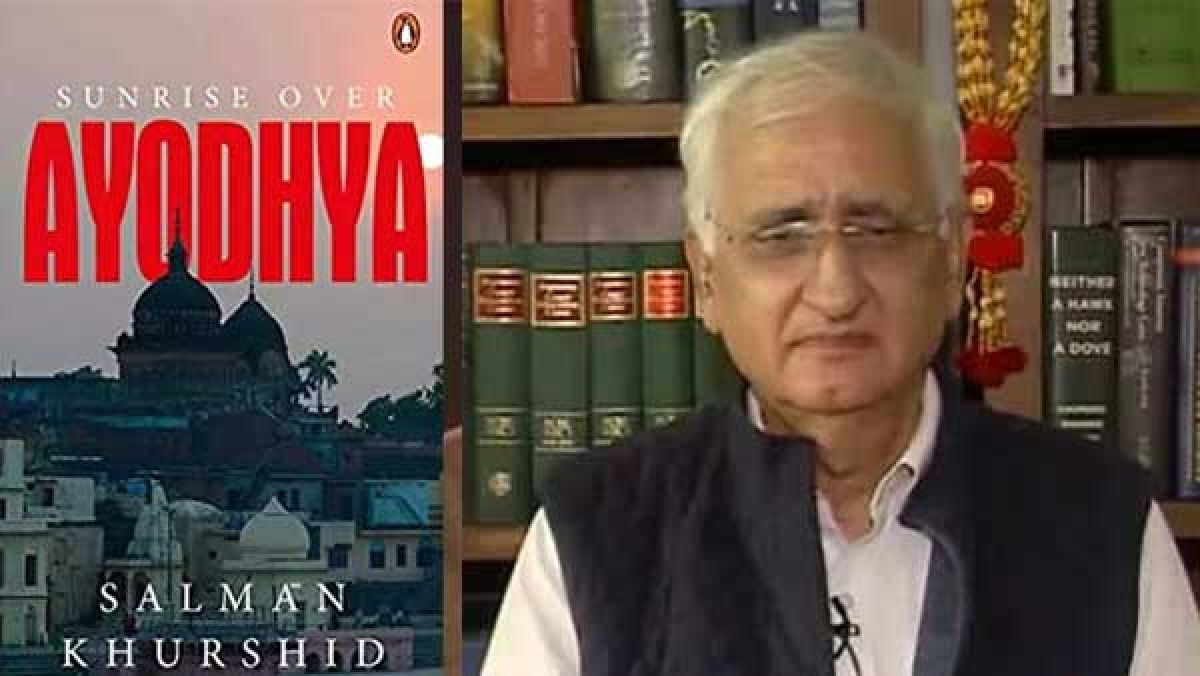Delhi HC dismissed a petition seeking to ban the sale, purchase, and all forms of circulation of a book written by Congress leader Salman
The book titled ‘Sunrise Over Ayodhya: Nationhood in Our Times’ triggered extensive outbursts from certain political quarters, particularly over the fact that the author had compared a “robust version” of Hindutva to the jihadist Islam of terror groups such as the Islamic State (IS) and the Boko Haram.
Dismissed," said Justice Yashwant Varma while hearing the plea filed by a lawyer Vineet Jindal.
"Why don’t you tell people not to buy the book? What can we do if people are feeling so sensitive? No one is asking them to read it," the court said further in its observation.
The court also sought to know whether any untoward communal incident happened in the country because of the references made in the book. This happened after the petitioner's counsel told the court that communal riots might break out in the country because of the book. The court said that the breach of communal peace is a mere "apprehension".
"Tell everyone the book is badly authored. Ask them to read something better,” the court remarked.
The petitioner had said that the book violates “the fundamental right guaranteed under articles 19 and 21” of the Indian Constitution. Other than seeking a ban on the sale, purchase, and all forms of circulation, the petition also asked the court to ensure that it is not published henceforth in any form - neither print nor digital.
Khurshid's house was vandalised in Nainital after the release of the book, with the parts of it set on fire allegedly by mobs. The Kumaun police had booked 21 people in connection with the incident.
Khurshid's new book on the Ayodhya verdict was released last week. It explored the Apex Court's landmark judgment on the Ayodhya dispute.
Even within the ranks of his own party, leaders differ on the debate over religious views. Khurshid's party colleague, Ghulam Nabi Azad, has publicly said that he did not agree with the former on the matter. “The comparison is factually incorrect and an exaggeration,” Azad said.





The Brief. Sign up to receive the top stories you need to know right now.